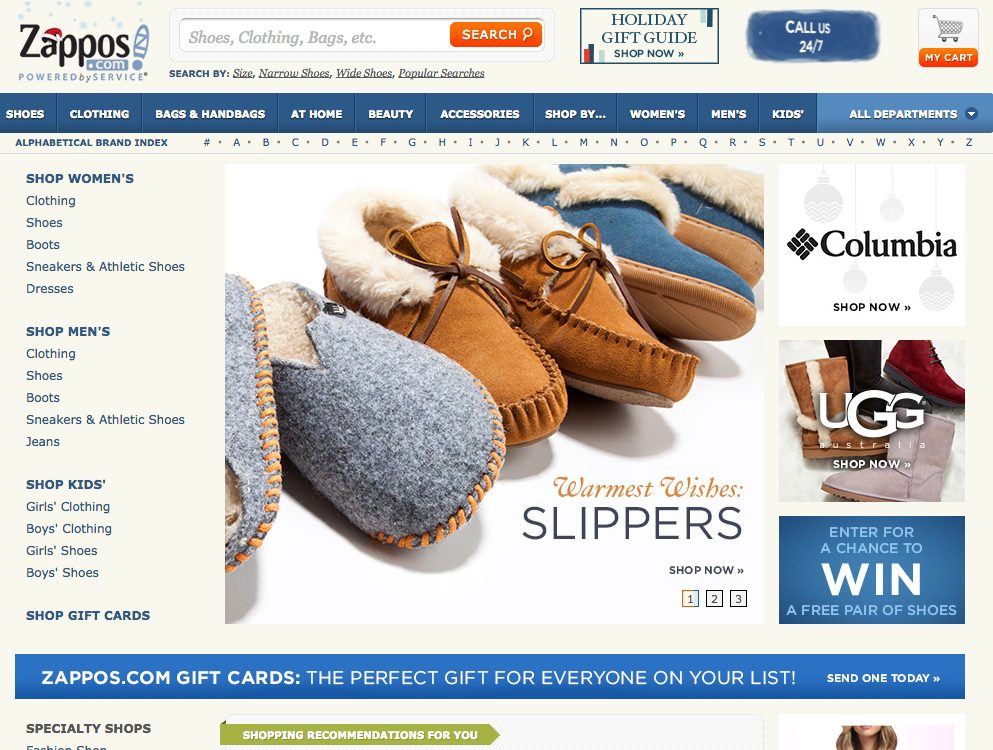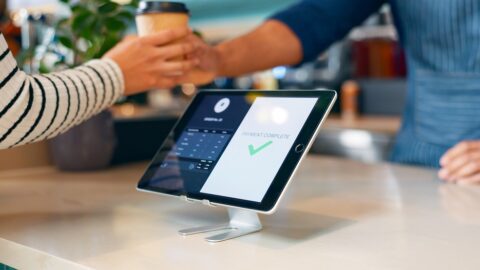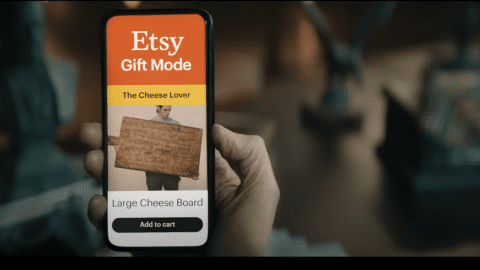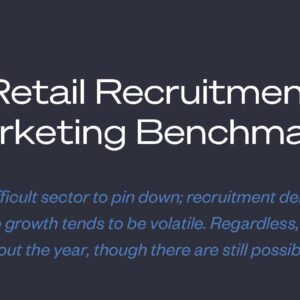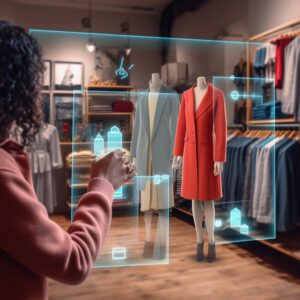Being characterized as “simple” may be an insult to some, but in the retail world it is the highest form of compliment.
In its annual Global Brand Simplicity Index, global consulting firm Siegel+Gale identified retailers that consumers characterized as simple, or are most effectively conveying their brand story across channels.
On the U.S. list, Zappos ranked No.1, climbing four spots over the 2013 installment of the study. Amazon, parent company of Zappos, took second place in the national Index.
Advertisement
In its fifth installment, the Global Brand Simplicity Index ranks 585 brands that are scored based on feedback from more than 12,000 people across eight countries. The final pool consisted of a mix of consumers who were either avid shoppers of brands, or were familiar with the companies but never shopped with them before.
“We focus on analyzing the differences between consumer ratings versus those who are simply familiar with the brands,” noted Brian Rafferty, Global Director of Research Insights at Siegel+Gale. “We develop the Index based on feedback regarding how simple the products services and experiences are.” Siegel+Gale also characterized simple brands as those that are known to deliver on their brand promises.
This year, Siegel+Gale honed in on “disruptor brands,” such as Warby Parker and Gilt. While Zappos received a simplicity score of 914, Warby Parker followed shortly behind, garnering a score of 910 among American consumers. Gilt, meanwhile, received the same score as Gap (655), which landed both at number 46 on the U.S. chart.
“Overall, a lot of the Internet retailers are seen as very simple,” Rafferty said in an interview with Retail TouchPoints. “But we also looked at different touch points within retail and had people rate those experiences.”
E-Commerce retailers excel in creating a streamlined and easy shopping experience, Rafferty explained. “They’re the clear winner in that online shoppers can immediately find the best price and best product online. What brick-and-mortar retailers have to worry about is whether consumers are visiting their stores to showroom and then just go online because they can get more value and convenience.”
The one area where brick-and-mortar retailers exceeded their online counterparts is through the returns experience. While some eTailers still charge consumers to return products, omnichannel retailers are offering free returns and allowing consumers to drop off unwanted products in stores.
“That’s the one thing eTailers had a difficult time beating brick-and-mortar retailers at,” Rafferty said. Retail disruptors and startups, however, are offering a variety of solutions to streamline the returns process and decrease return rates altogether. For example, Warby Parker offers a free try-on program, as well as a digital try-on tool to help customers find the right frames.
Unique services can help improve customer perception of a brand and put a “fresh” spin on the shopping experience, according to Rafferty. “It’s about how you differentiate the experience so it’s something consumers seek.”



